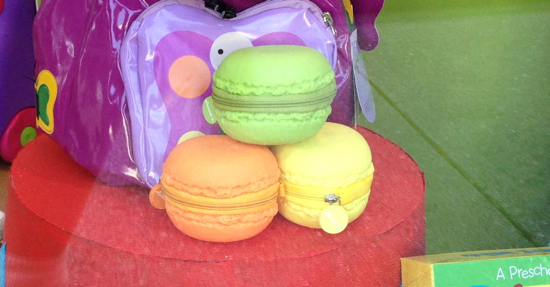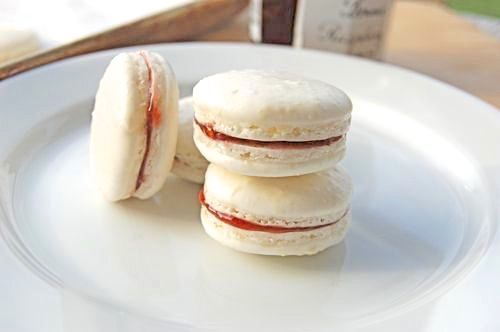On Chocolate Macarons
Reader and macaron lover Susan writes:
Hi, Joe. I am obsessed with making macarons. I have tried hundreds of recipes and yours is the only recipe that consistently produces perfect macarons. I’m attempting to make chocolate macarons. When I add in cocoa powder, do I then reduce the amount of powdered sugar that your macaron recipe calls for so the ratio of almond flour and powdered sugar remain 3.8:7.0?
I’m very pleased that the recipe is working so well for you, Susan. That’s an excellent question about the cocoa powder…a little too good, actually. The main problem you’re going to have with cocoa powder is the fact that it’s so absorbent. It’s going to soak up a good deal of water from the egg whites. Currently the recipe calls for about
READ ON
